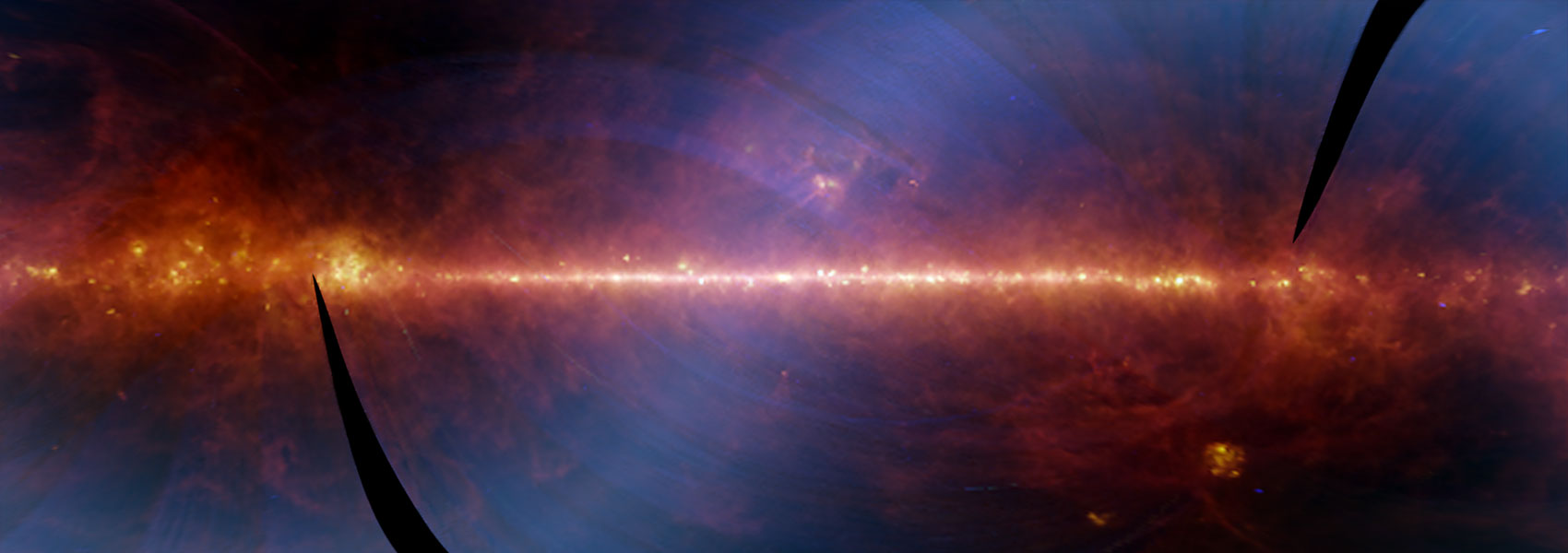Title --- Atmospheric Retrieval of Exoplanets: Extracting Chemical Abundances from Spectra of Exo-atmospheres
Abstract --- I will review the method of atmospheric retrieval, which is a remote sensing technique borrowed from the Earth atmospheric and planetary sciences and generalised for the study of exoplanetary atmospheres. Atmospheric retrieval aims to extract chemical abundances and atmospheric properties by 'inverting' the measured spectrum of the atmosphere, and is the only viable path forward for directly studying the chemistry of exoplanets. I will focus on transmission spectra, reviewing the historical developments, summarising the state-of-the-art theory and demonstrating how the transit chord at a given wavelength probes a limited range of pressures and is therefore insensitive to temperature variations. I will discuss in great detail a key limitation of interpreting transmission spectra known as the normalisation degeneracy, examining it in three different regimes of atmospheric retrieval (HST, JWST, ground-based high-resolution). Finally, I will review the work of Fisher & Heng (2018, MNRAS, 481, 4698), who subjected all 38 existing Hubble Space Telescope-WFC3 near-infrared transmission spectra to a Bayesian hierarchy of retrievals. Three case studies out of the 38 will be explicitly discussed: HD 189733b, TRAPPIST-1d and WASP-76b. No correlation is found between the retrieved water abundances and exoplanet mass. I will preview some future work on machine-learning retrieval.



